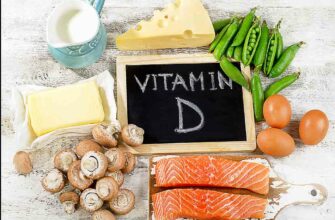
Sufficient Daily Protein Intake: The Most Important Factor
According to Dr. Carson, the most crucial factors for muscle development and repair are an adequate daily protein intake and the protein’s quality (it should have a high percentage of necessary amino acids).
Stephanie Hnatiuk, a registered dietician and owner of Stephanie Hnatiuk Performance Nutrition in Winnipeg, Manitoba, adds that “someone who takes just a protein shake after a workout and doesn’t consume any additional protein sources the rest of the day would be worse off than someone who meets their total needs.”
What Is the Anabolic Window and Does It Matter?
According to Dr. Carson, the anabolic window is a hotly contested notion that suggests there is a short window of time after exercise when muscle development may be enhanced by the ingestion of macronutrients, particularly protein.
The anabolic window is said to only last about 30 minutes. In reality, this is untrue, claims Hnatiuk.
The protein consumption window may be even wider for people who don’t exercise in a fasted state because individual factors like body composition, age, and activity level can all affect optimal muscle growth. People who exercise in a fasted state are typically advised to eat protein shortly after their workout to help with muscle growth and recovery.
How Much Protein Do You Need When Exercising?
Currently, 0.8 grams of protein per kilogram of body weight is the recommended dietary allowance (RDA) for protein. Therefore, it is recommended that a person who weighs around 63 kilograms (139 pounds) daily ingest about 50 grams of protein.
However, this RDA for protein is the bare minimum that a sedentary person needs—not the ideal amount that one would need to feel great and especially not the amount that an active person could require to grow muscle.
A protein calculator, consultation with a nutritionist or personal trainer to define more individualized objectives, or utilizing a protein calculator are all options for athletes and other active people who want to eat the proper amount of protein to achieve their desired fitness outcomes. The U.S. Department of Health and Human Services’ current dietary recommendations place more emphasis on the kind of protein and its nutritional density than they do on the recommended daily quantities when it comes to overall health.
The precise time of a protein shake appears to matter less than the overall quantity of protein you take each day, as well as the quality of that protein, if you’re trying to refuel your body and refill your muscles after an exercise. If you have particular fitness objectives in mind, consider seeing a qualified dietitian or a licensed personal trainer to learn more about the amount of sports nutrition that may be necessary to help you reach your objectives.








